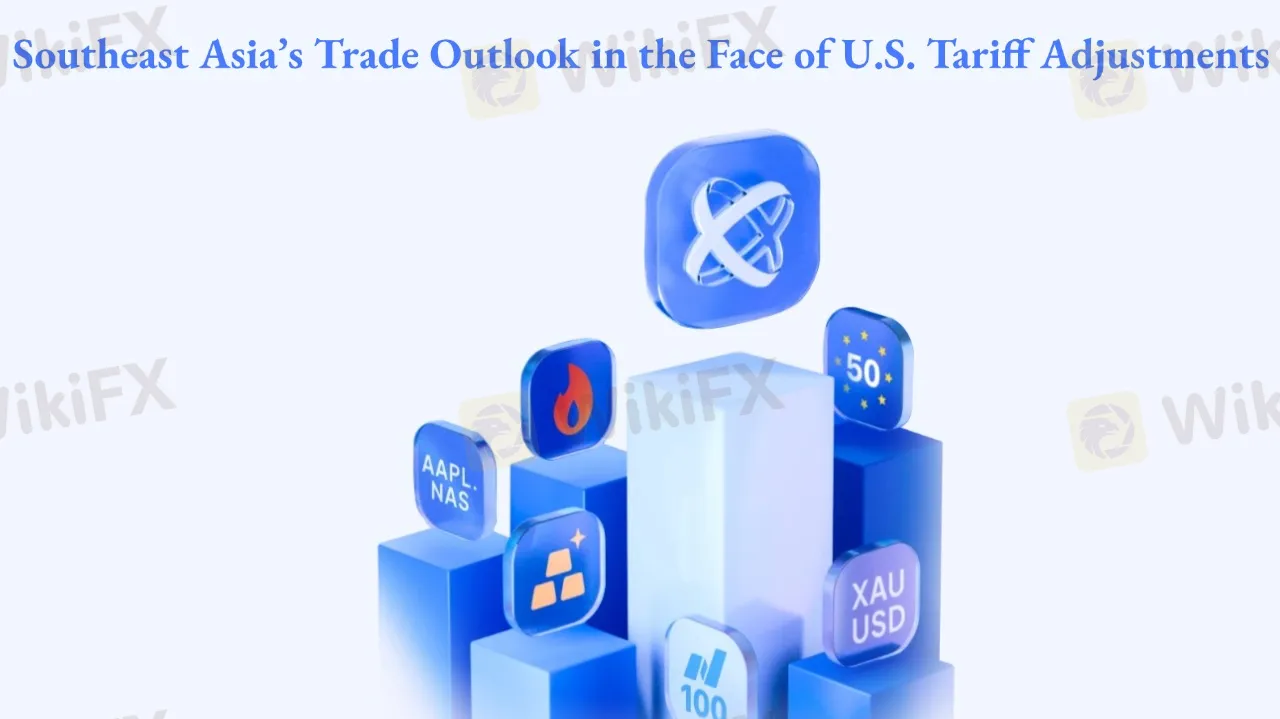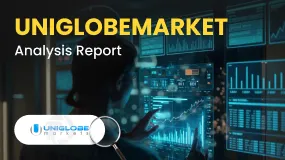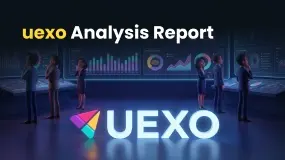Abstract:As the U.S. adjusts its tariff policies, Southeast Asian nations are facing a critical moment in trade negotiations, with the region’s economy potentially on the brink of new opportunities.

About Octa Broker
Octa is a global financial trading platform established in 2011 and headquartered in Seychelles. The company is dedicated to providing global investors with efficient, transparent, and commission-free trading experiences. With its innovative technology platform and customer-centric service philosophy, Octa has successfully attracted investors from over 180 countries and regions. To date, Octa has helped launch over 52 million trading accounts worldwide, making it one of the most influential brokers in the financial industry.
Octa offers a wide range of financial services, including forex, CFDs, commodities, and stocks. To meet the needs of investors at different levels, Octa provides extensive educational resources and professional tools, including real-time market analysis, technical charts, trading strategies, and regular webinars. These resources help investors better understand market trends and optimize their trading strategies.
Octas Analysis Summary
Octa recently released an analysis report on how Southeast Asian countries are responding to the U.S. tariff adjustments. The report outlines how, in the context of the temporary slowdown of U.S. tariff enforcement, Southeast Asian nations are seeking to renegotiate trade agreements to pursue more favorable economic development opportunities. While some countries are heavily dependent on trade with the U.S., they are actively working to reduce tariff barriers and promote more flexible trade arrangements.
The report highlights how Southeast Asian nations are responding to the U.S. tariff policy changes. For instance, countries like Vietnam and Thailand are facing significant tariff pressures but are not passively accepting them. Instead, they are strengthening cooperation with the U.S. to secure better trade terms. As an important manufacturing hub, Vietnams exports focus on high-tech products and consumer goods. If its trade agreement with the U.S. fails, it could face tariffs as high as 46%. This poses a major threat to export-dependent companies, especially multinational corporations like Apple and Samsung, which have manufacturing bases in Vietnam.
Thailand plans to reduce its trade deficit with the U.S. by increasing imports of U.S. agricultural and energy products. While Thailand's total trade volume with the U.S. is relatively small, its performance in trade negotiations shows great potential. Malaysia is also optimistic, stating that it aims to reach an agreement with the U.S. within 90 days to avoid a 24% tariff.
Challenges Investors Will Face in the Future
While the situation seems to be moving in a favorable direction, investors must remain cautious of potential risks. With the U.S. adjusting tariffs on some Southeast Asian countries, market sentiment has fluctuated. Even though tariffs have been reduced, trade negotiations remain highly uncertain. Specifically, if the U.S. economy experiences fluctuations or the Federal Reserve fails to cut interest rates as expected, it could lead to a market reversal.
Moreover, Southeast Asian countries face other challenges when adjusting trade policies. For instance, they need to balance domestic demand with export demand and avoid over-relying on any single market, which could expose them to limitations. These considerations must be taken into account by investors when making decisions.
Basic Knowledge of Tariffs and Trade Agreements
Tariffs refer to the taxes imposed by a country on imported goods, usually as a means to protect its domestic economy and local industries from external competition. By imposing tariffs, governments can raise the price of imported goods, reducing the impact of foreign products on the domestic market, and thus giving local producers a more competitive advantage. As a trade barrier, tariffs are often used to adjust international trade balances and protect domestic industries. Different countries develop and adjust tariff policies based on their economic conditions, industrial needs, political objectives, and changes in external markets.
In international trade, tariffs are closely related to trade agreements. Trade agreements are formal agreements between countries aimed at promoting mutually beneficial trade and improving economic relations. These agreements not only involve tariff adjustments but also include provisions on the quantity of imports and exports, product standards, market access, and other factors. Through trade agreements, participating countries can reduce or eliminate tariff barriers, facilitating the free movement of goods, services, and capital. Common types of trade agreements include Free Trade Agreements (FTAs), Customs Unions, and global multilateral agreements such as those under the World Trade Organization (WTO) framework.
In today's globalized world, tariff policies have a profound impact on national economies. Many countries rely heavily on imported goods, especially for resource-based and high-tech products. Changes in tariffs can directly affect the market prices of imported goods, the stability of supply chains, and investors' decisions. For example, if a major market raises tariffs, it could lead to higher prices for imported goods, increasing business costs, and affecting consumer purchasing decisions and corporate profitability. On the other hand, lower tariffs can promote trade flows, increase market competitiveness, and boost domestic economic development.
For more information on brokers, feel free to visit our official website (https://www.WikiFX.com/en) or download the WikiFX App to help you find the most trustworthy broker and ensure your trading experience is safer and more reliable.










